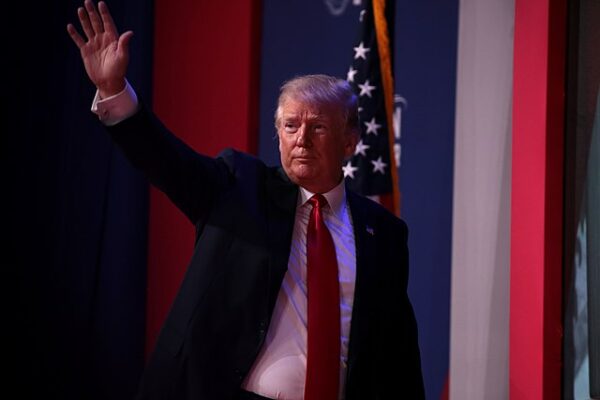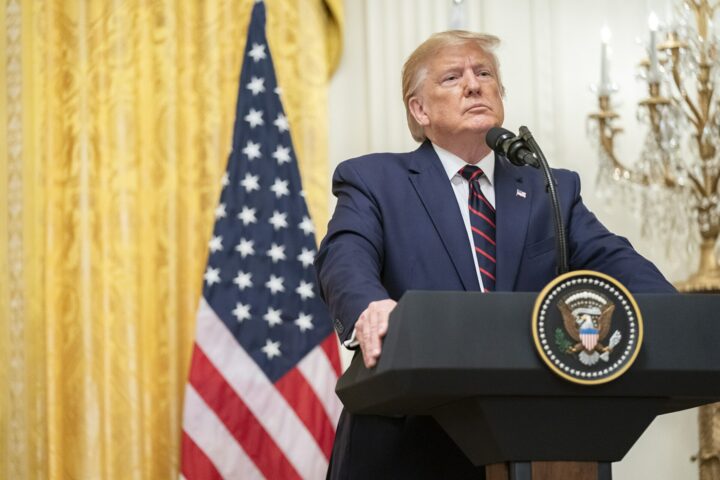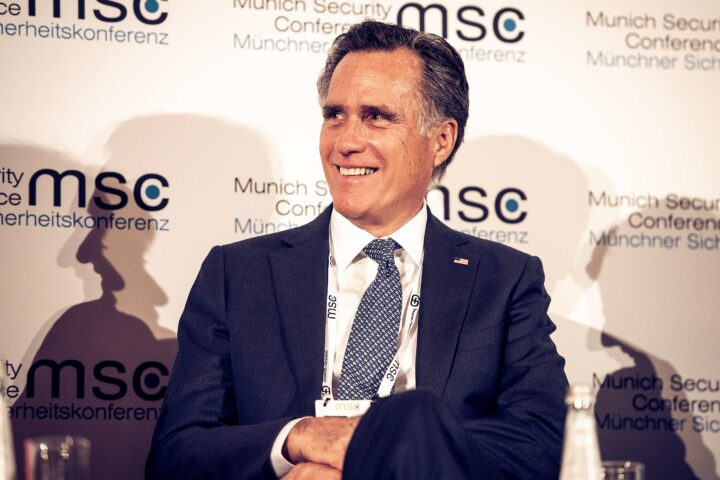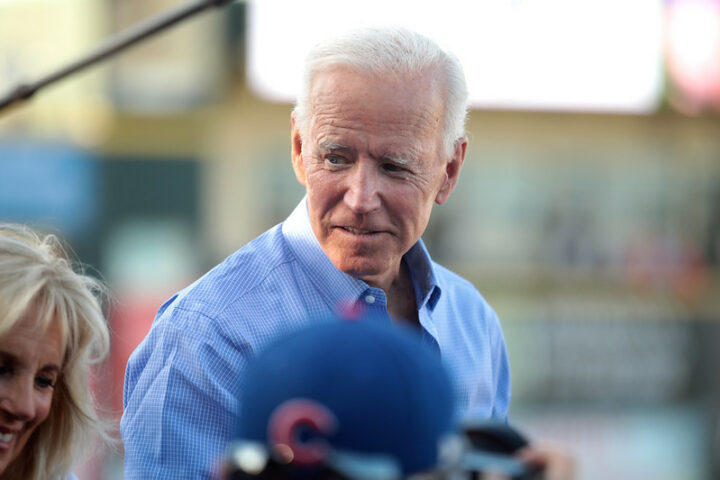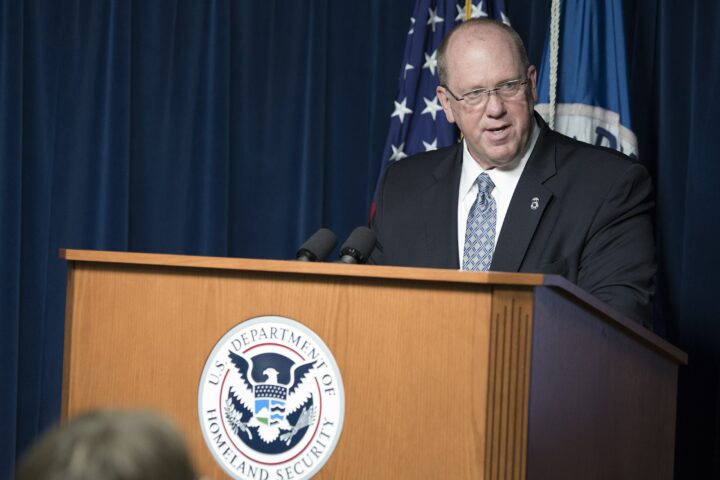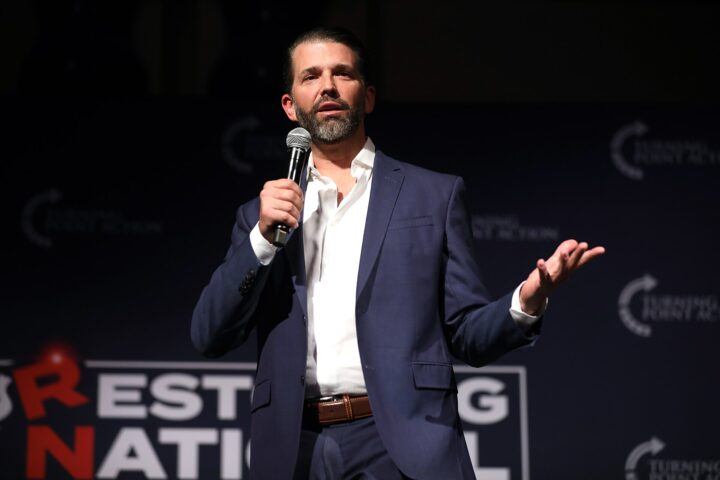As President-elect Donald Trump readies his transition to power, some are pressing for immediate action on a divisive campaign promise: deporting foreign students who express public support for designated terrorist organizations during campus protests. This policy aims to target individuals endorsing groups such as Hamas or Hezbollah, particularly after a wave of anti-Israel demonstrations that followed the October 7 Hamas attacks last year.
Over the past 18 months, college students at some of America’s most prestigious universities, and in some cases led by the children of Democrats in Congress, have revealed a virulent strain of antisemitism on campus.
The Trump campaign and Republican Party platform stressed a firm stance against antisemitism, including measures like revoking visas for foreign nationals linked to terrorism advocacy. Supporters see this as a priority, merging national security with efforts to combat antisemitism on American college campuses, reports Jewish Insider.
Luke Moon, executive director of the Philos Project, expressed the urgency of this approach. “Student visas should be revoked for those who endorse terrorist organizations like Hamas or Hezbollah,” Moon told the outlet.
Prominent Trump cabinet nominees have also shown alignment with this policy. Vice President-elect J.D. Vance, who participated in an Oct. 7 memorial rally organized by the Philos Project, and Secretary of State nominee Sen. Marco Rubio, have both advocated for visa revocations. Rubio has previously called for the State Department to target pro-Hamas sympathizers, and Rep. Elise Stefanik, Trump’s pick for U.N. ambassador who led the charge against antisemitism at Penn, Columbia, and Harvard, supports deporting foreign students involved in such protests.
Similarly, Pam Bondi, Trump’s pick for attorney general, backs the initiative, suggesting deportation or FBI investigation for individuals implicated in these activities.
This policy builds on provisions within the Immigration and Nationality Act, which permit visa denials for endorsing terrorist actions. Yet, its implementation poses significant constitutional and legal challenges, particularly in relation to First Amendment protections. Critics contend that punishing foreign students for their political views could lead to overreach and suppress free speech.
Civil rights groups and liberal Jewish organizations have raised alarms over the potential consequences.
Proponents argue that a firm response to overt pro-terror rhetoric would serve as a deterrent. James Carafano, of the Heritage Foundation, suggested even limited deportations could send a strong message about the U.S.’s stance on antisemitism and terrorism.
He told Jewish Insider, “You don’t have to deport every foreign student that ever lifted a sign that said ‘Free Palestine.’ But as soon as you start deporting people legitimately under revoking their student status, I think a lot of people will get the message that this is not a free lunch.”
The Trump administration has yet to provide details on the execution of this policy or how it would navigate legal obstacles. Kash Patel, the nominee for FBI director, is expected to play a pivotal role in this endeavor. With significant counterterrorism experience, Patel may be tasked with balancing national security imperatives with constitutional safeguards.
[Read More: AOC Takes Major Loss]

